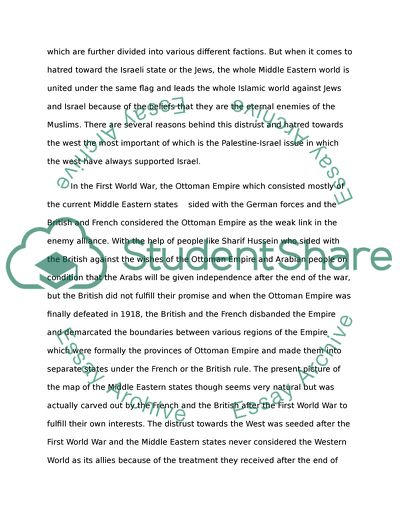Cite this document
(Distrust Towards the West in the Middle East Term Paper - 1, n.d.)
Distrust Towards the West in the Middle East Term Paper - 1. Retrieved from https://studentshare.org/politics/1752036-distrust-towards-the-west-in-the-middle-east
Distrust Towards the West in the Middle East Term Paper - 1. Retrieved from https://studentshare.org/politics/1752036-distrust-towards-the-west-in-the-middle-east
(Distrust Towards the West in the Middle East Term Paper - 1)
Distrust Towards the West in the Middle East Term Paper - 1. https://studentshare.org/politics/1752036-distrust-towards-the-west-in-the-middle-east.
Distrust Towards the West in the Middle East Term Paper - 1. https://studentshare.org/politics/1752036-distrust-towards-the-west-in-the-middle-east.
“Distrust Towards the West in the Middle East Term Paper - 1”, n.d. https://studentshare.org/politics/1752036-distrust-towards-the-west-in-the-middle-east.


